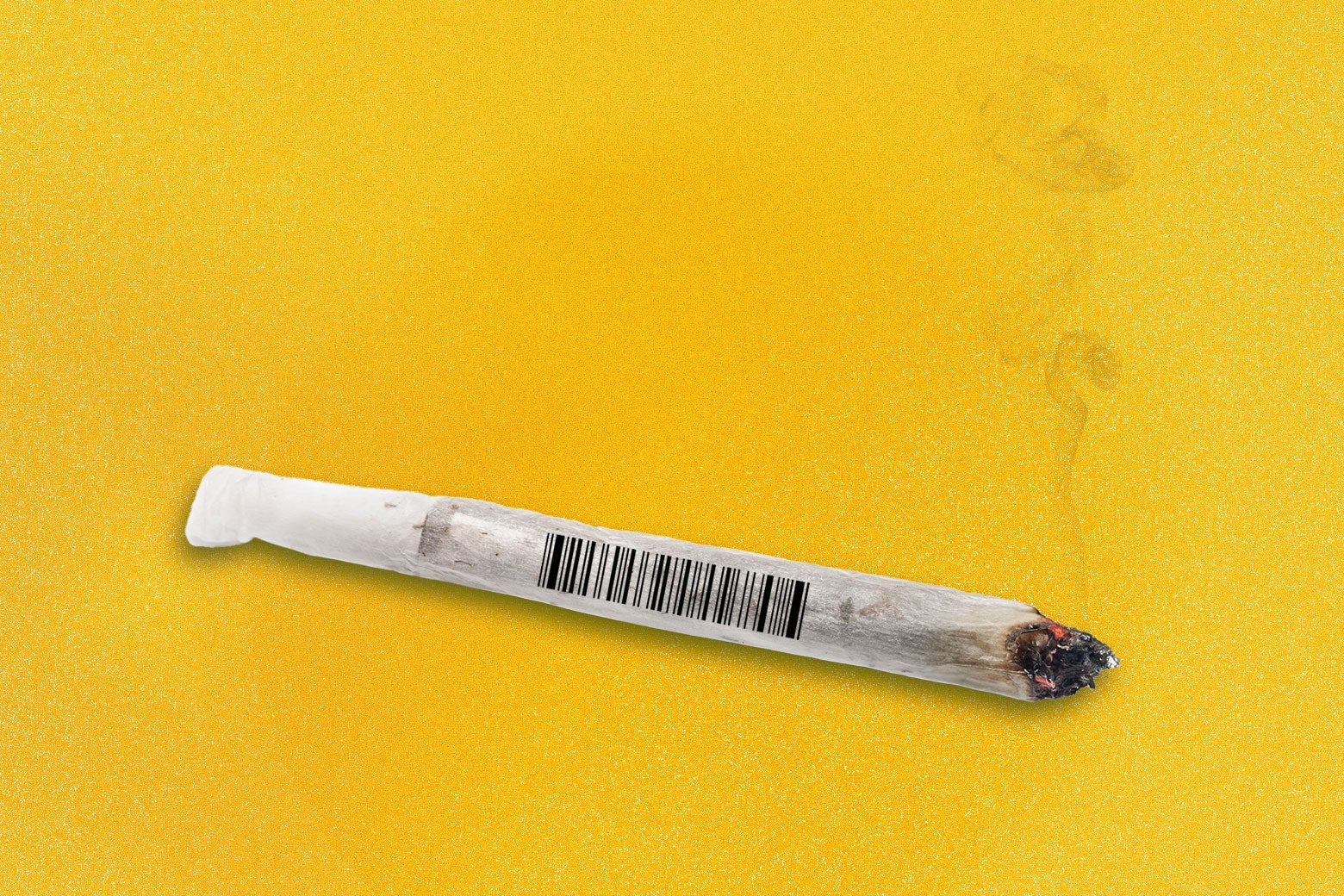Health Secretary Robert F. Kennedy Jr. Promises Autism Research to Identify Causes by September

In a bold and controversial announcement, U.S. Health Secretary Robert F. Kennedy Jr. declared his commitment to identifying the causes of autism by September. This statement, made during a televised cabinet meeting with President Donald Trump, has ignited a flurry of concern and skepticism among medical experts, advocates, and autism organizations who question the practicality and scientific validity of the proposed research.
Kennedy, a prominent figure who has long criticized vaccines, aligning himself with discredited theories that have been widely debunked, asserted that the initiative would engage hundreds of scientists in a concerted effort. This ambitious plan was shared in front of Trump, who has repeatedly suggested that vaccines might be responsible for rising autism rates, despite a robust body of scientific evidence disproving any connection.
Theres got to be something artificial out there thats doing this, Trump remarked, leaving the door open for speculation about vaccines. His comments reflect a persistent misconception, as extensive research over decades has demonstrated no link between childhood vaccinations and autism, a fact echoed by numerous public health organizations.
Kristyn Roth, a spokesperson for the Autism Society of America, expressed alarm over the direction of Kennedys proposed research, emphasizing that it could lead to a regression in scientific understanding. There is a deep concern that we are going backward and evaluating debunked theories, she stated to The Associated Press, also highlighting the absence of consultation from leading autism organizations regarding this new research initiative.
Autism is a complex developmental condition characterized by a range of symptoms, which may include delays in language acquisition, learning challenges, and variations in social or emotional skills. According to the Public Health Agency of Canada, approximately two percent of Canadian children and youth are diagnosed with autism, showcasing the global nature of this issue.
Research spanning decades indicates that genetics plays a substantial role in autism development; however, no single autism gene has been identified. The U.S. National Institutes of Health currently allocates over $300 million annually for autism research, exploring a variety of potential risk factors including prenatal exposure to pesticides, air pollution, and complications during pregnancy. Dr. Melanie Penner, a senior clinician scientist at Holland Bloorview Kids Rehabilitation Hospital in Toronto, emphasized the multifaceted nature of autism, stating, Everything we know about autism suggests that this has a really complex, multifactorial origin that differs from child to child.
Kennedy has yet to provide specific details regarding the methodology of his proposed study or the qualifications of the researchers involved. Critics, such as Paul Offit, director of the Vaccine Education Centre at the Childrens Hospital of Philadelphia, find it implausible that a definitive cause for autism could be discovered in a matter of months. Offit suspects that Kennedy's belief system drives his perception of feasibility, as Kennedy has consistently maintained that vaccines trigger autism, despite overwhelming evidence to the contrary.
He thinks vaccines cause autism, Offit explained, asserting that Kennedys motivations appear to aim at making vaccines less accessible and more frightening to the public. This perspective aligns with the concerns raised prior to Kennedy's confirmation as U.S. Health Secretary, where numerous health professionals urged senators to reconsider his appointment due to his lack of medical expertise and fringe beliefs potentially detrimental to public health.
The rising rate of autism diagnoses has been a focal point for both Trump and Kennedy, with Kennedy labeling it an epidemic. However, experts argue that increased diagnoses are primarily due to a broader understanding of autism, improved diagnostic criteria, and heightened awareness rather than a true surge in cases. For decades, autism was diagnosed primarily in those with severe communication and socialization deficits, but advancements in the field now recognize a wider spectrum of autism, including milder cases.
Improvements in screening methods and access to autism services have also contributed to a shift in diagnosis age, while ongoing advocacy for underrecognized groupsincluding girls, women, and racial minoritieshas led to increased identification of autism within these populations. Despite the evidence, anti-vaccine proponents like Kennedy continue to perpetuate the debunked narrative that vaccines are to blame for rising autism rates, often citing a now-infamous 1998 study published in The Lancet that has since been retracted as fraudulent.
Anne Borden King, co-founder of Autistics 4 Autistics: Self-advocacy in Canada, cautioned against focusing on the notion of a cause or cure for autism, which she argues perpetuates stigma. We dont want to be prevented. We want services that are actually useful for autistic people, she remarked, advocating for a shift in research priorities to improve the quality of life for those currently on the spectrum.
As Kennedy's project begins to take shape, it faces immediate challenges, not least the involvement of David Geier, a controversial figure previously fined for practicing medicine without a license, who has long advocated for the debunked theory linking vaccines to autism. The Department of Health and Human Services has yet to respond to inquiries regarding this troubling aspect of the research leadership.




























